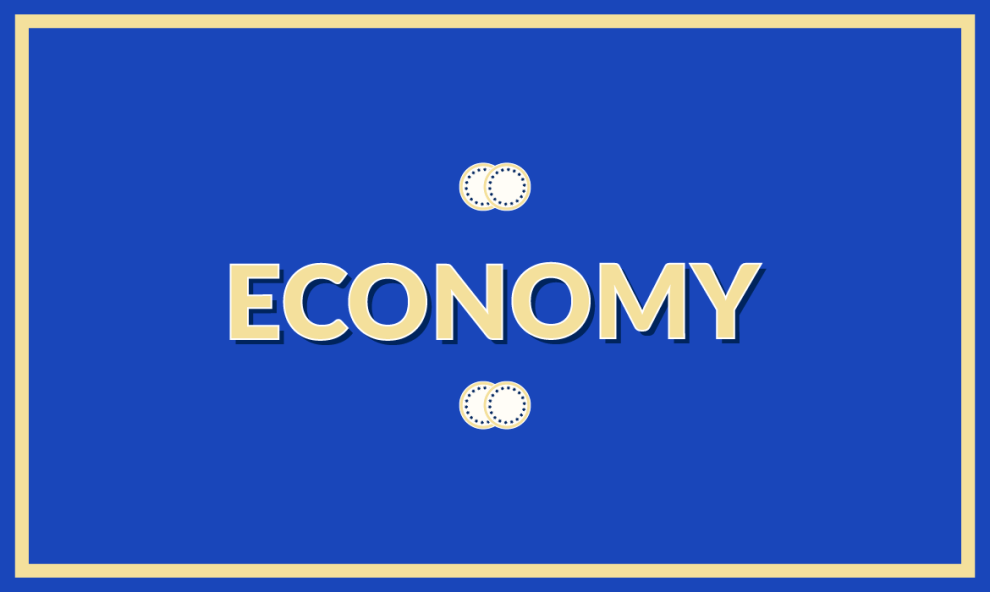The great difference between the 1994 crisis in Mexico and the one that Spain has been undergoing during recent years lies in that the European country does not have the instrument that made it possible for Mexico to emerge with relative speed from its fiscal and financial predicament. In the Mexican case, the currency devaluation allowed for change, in no time, of the macroeconomic situation. Spain, a member nation of the euro bloc, does not enjoy this freedom. Its adjustment variable has been another, with devastating consequences. This difference is absolutely pertinent for the ongoing discussion on minimum wages.
When a country finds itself in financial problems, as was Mexico’s case in 1994, the economy had to adjust itself to the new reality. In our history of crises, devaluations typically occur because the excess of governmental spending has led to such a growth of imports that an exchange crisis was produced. Once that happened, the government had to act by controlling its spending and attempting to restore the fiscal balance. The main effect of a devaluation is diminishing the real value of salaries, because the latter are denominated in pesos. Spain, which cannot implement a devaluation, has had to lower nominal salaries, that is, many Spaniards now earn a lesser number of euros for the same work: the salary ended up being the adjustment variable.
The minimum wage in Mexico has been the adjustment variable that has permitted the mitigation of the additional costs associated with production in the country such as violence and theft, the bribes exacted by bureaucrats for a company to function, the poor quality of the infrastructure, the costs derived from the need to retrain personnel which did not get the minimal preparation necessary in the formal schooling system and, in general, the poor quality of public services with which Mexicans contend. Given that an entrepreneur has no way of solving the problem of the education or that of the insecurity, to cite two evident examples, his sole alternative is to pay less for the prices that he does control, such as employees’ salaries. The point is that salaries in Mexico are low because if they were higher the whole economy would collapse. Salary is the adjustment variable. This can be unfair, but that doesn’t make it any less real.
The government can decree an increase in salaries but cannot avoid the potential consequence of its action. In quantitative terms, the government can fix the price of a product or service (such as the minimum wage) but cannot fix, simultaneously, the amount demanded. And vice versa: it can fix the demand but not the price. This is about independent variables over which the government does not have simultaneous control.
In the case of the minimum wage, the political logic of increasing it is impeccable. Also impeccable is, at least in some measure, the argumentation that the managed salary has been so low for so long that it is possible that its elevation to a moderate level would not have a dramatic impact. The problem is that measurement of that impact lies outside of the ambit of government control. A 15% increase might not manifest consequences but it is possible that one of 20% would indeed entail these. No one knows beforehand and, given that the proponents’ objective is an increase various times the present minimum wage, the probability of triggering a series of uncontrollable (but certainly foreseeable) consequences is enormous.
The problem of establishing a minimum wage increase by decree is that it is an artificial measure. It is obvious that the country needs to raise Mexicans’ incomes and to do so decidedly and systematically. Given that the minimum wage has become the “adjustment variable” of all of the ills that the economy and the country endure, all of the energy expended on forcing a wage increase by decree should be channeled toward the solution of the underlying problems (i.e., education, security, infrastructure, and so on). Undeniably, there are some themes that, even in the most optimistic of scenarios, would take decades to resolve; but there are others that, with a decided and concerted act of the government could translate into rapid increases in productivity levels. For instance, radical simplification of the fiscal system would change the reality of businesses overnight and that wouldn’t require taking the teachers’ union on or constructing a new police and security system. It’s a matter of priorities.
The Adjustment Variable







Comments